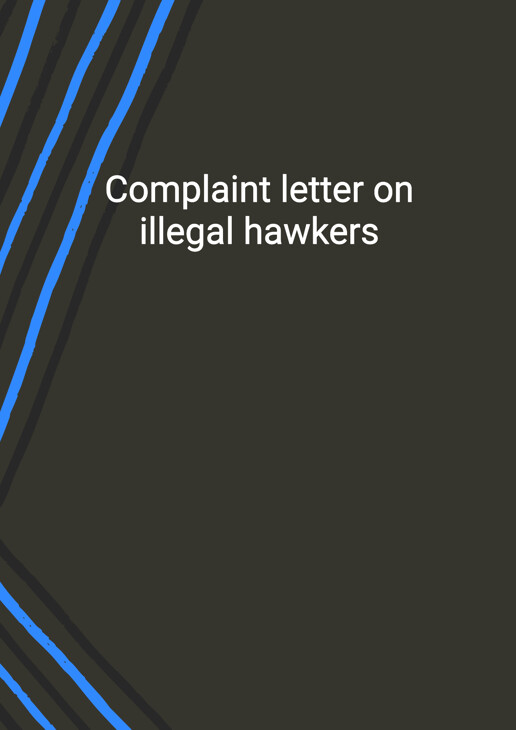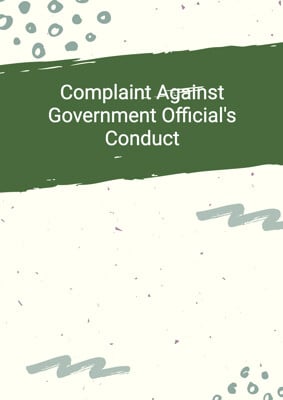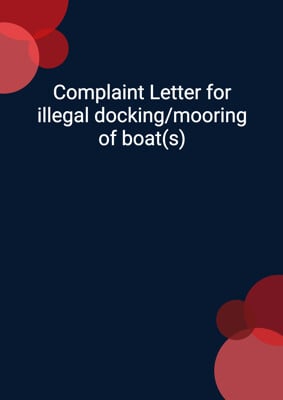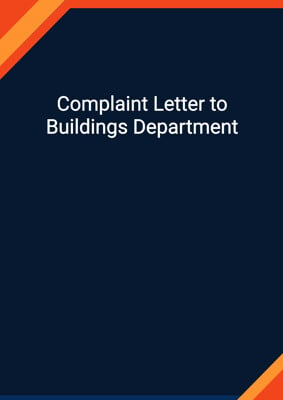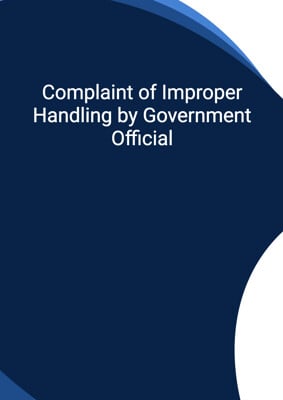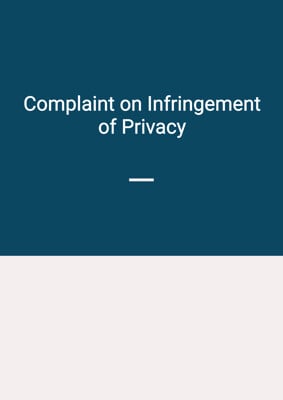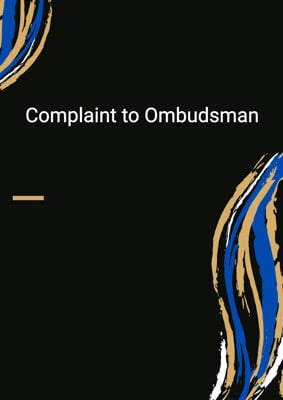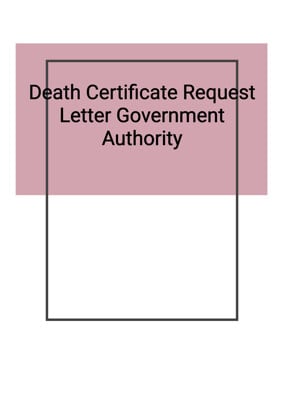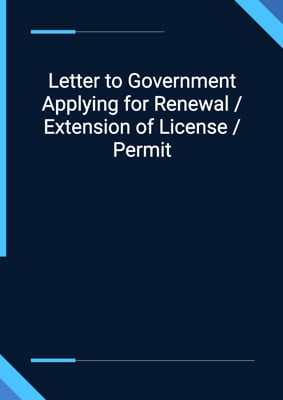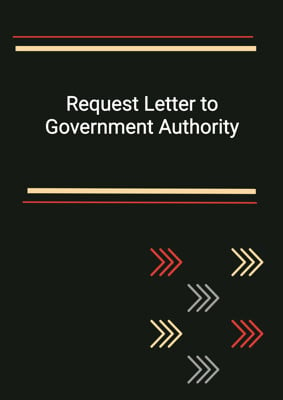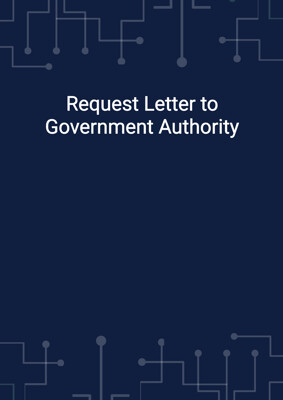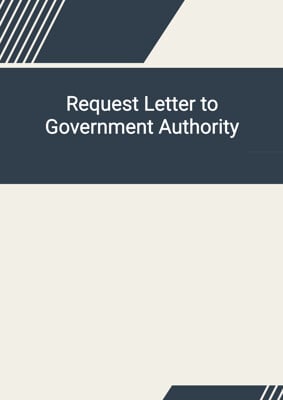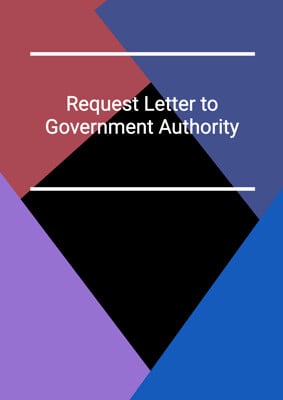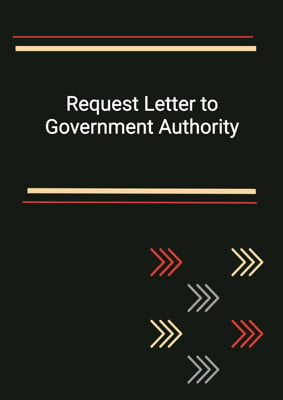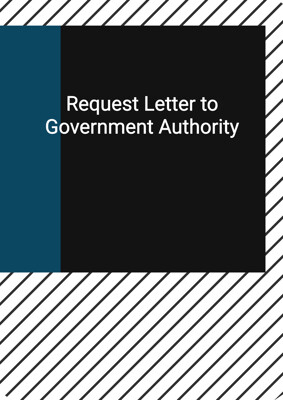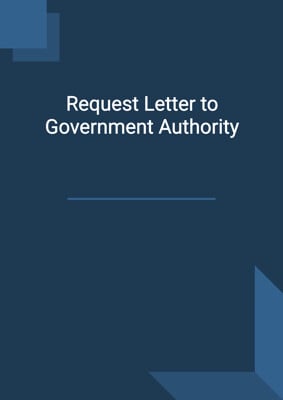How to Tailor the Document for Your Need?
01
Create Document
Click "Create Document" button and the document will be prepared with your account details automatically filled in.
02
Fill Information
Please fill in any additional information by following the step-by-step guide on the left hand side of the preview document and click the "Next" button.
03
Get Document
When you are done, click the "Get Document" button and you can download the document in Word or PDF format.
04
Review Document
Please review the document carefully and make any final modifications to ensure that the details are correct before sending to the addressee.
Document Preview
Document Description
The document titled 'Complaint letter on illegal hawkers' is a formal complaint letter addressed to the Food and Environmental Hygiene Department or other relevant government department. The letter is written to report the presence of illegal hawkers in a specific area and to request appropriate action to be taken.
The importance of this document lies in its ability to bring attention to the issue of illegal hawkers and the problems they cause. The letter serves as a formal complaint, highlighting the negative impact of illegal hawkers on the community, including disturbance, nuisance, and noise. By providing evidence in the form of enclosed pictures, the writer aims to support their claim and prompt the authorities to take necessary actions.
The document consists of several sections, each serving a specific purpose:
1. Account Information: The letter begins with the account holder's last name, first name, job title, address, and email. This information helps identify the complainant and establish their credibility.
2. Recipient Information: The letter is addressed to the Food and Environmental Hygiene Department or other relevant government department. The specific address is provided to ensure the letter reaches the appropriate authorities.
3. Date and Greeting: The current date is mentioned, followed by a formal greeting addressing the recipient as 'Sirs/Madams.'
4. Complaint Introduction: The writer introduces the purpose of the letter, which is to lodge a complaint regarding the existence of illegal hawkers. The specific date and location where the writer encountered the illegal hawkers are mentioned.
5. Impact of Illegal Hawkers: The writer highlights the negative consequences of illegal hawkers, such as disturbance, nuisance, and encroachment on personal property. This section emphasizes the need for immediate action.
6. Request for Action: The writer urges the recipient to take appropriate actions against the illegal hawkers based on the enclosed pictures, which serve as evidence of their unlicensed status.
7. Closing and Signature: The letter concludes with a closing phrase, 'Yours sincerely,' followed by the account holder's sign block.
8. Enclosures: The writer mentions the enclosed pictures of the illegal hawkers, which serve as supporting evidence for the complaint.
How to use this document?
Guidance for using the 'Complaint letter on illegal hawkers' document:
1. Gather Information: Collect all necessary information, including the account holder's last name, first name, job title, address, and email. Also, identify the appropriate government department to address the complaint.
2. Describe the Incident: Clearly state the date and location where the illegal hawkers were encountered. Provide specific details about the disturbance caused and any encroachment on personal property.
3. Highlight Negative Impact: Emphasize the negative consequences of illegal hawkers, such as disturbance, nuisance, and encroachment. Explain how these issues affect the community and why immediate action is necessary.
4. Include Supporting Evidence: Enclose pictures of the illegal hawkers to support the complaint. Ensure that the pictures clearly show that the hawkers are unlicensed.
5. Maintain a Formal Tone: Use a formal and respectful tone throughout the letter. Address the recipient as 'Sirs/Madams' and sign off with 'Yours sincerely.'
6. Submit the Complaint: Send the complaint letter to the Food and Environmental Hygiene Department or the relevant government department. Use registered mail or any other appropriate method to ensure the letter reaches the intended recipient.
7. Follow Up: If necessary, follow up with the department to inquire about the progress of the complaint and any actions taken. Stay engaged and provide any additional information or assistance as requested by the authorities.
Not the right document?
Don’t worry, we have thousands of documents for you to choose from:
